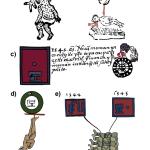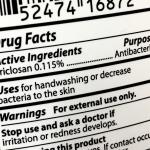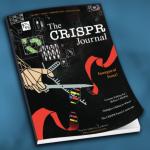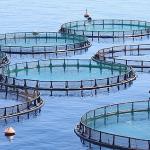Newly developed genomic sequencing techniques have the power not only to drive our future, but also to reconstruct our past.
Other Science News
TV watching is now associated with an increased risk of forming blood clots in your legs or lungs (venous thromboembolic events - VTE), at least according to some research published in the Journal of Thrombosis and Thrombolysis.
Sad and scary times are upon us if patient safety is your priority. Assuring medical care delivery is in a patient’s best interest while being as cost-effective as possible should be the goal of a health insurer.
Anthem is back in the news. You might remember that just a short while ago Anthem refused to pay for Emergency Department care they deemed not to be an emergency.
Antibiotic resistant bacteria are nothing short of a massive public health threat. By massive, we mean 700,000 deaths from antimicrobial-resistant infections per year.
There are millions of traumatic brain injury (TBI) - related emergency department visits in the U.S each year.
Over the last decade, the gene editing technology CRISPR (Clustered Regularly Interspaced Short Palidromic Repeats) has become a household word.
In scientific publishing, authorship is the currency through which scientists are judged. Authorship is one of the most (if not the most) important factors in grant approvals, tenure decisions, and status in the field.
Can honest people work for industry? No, the only honest people are journalists.
Industrial farming provides much of our food. The ability to provide the world with adequate food sources, including sustainable industrial agriculture, is a foundational interest of ACSH. [1]












